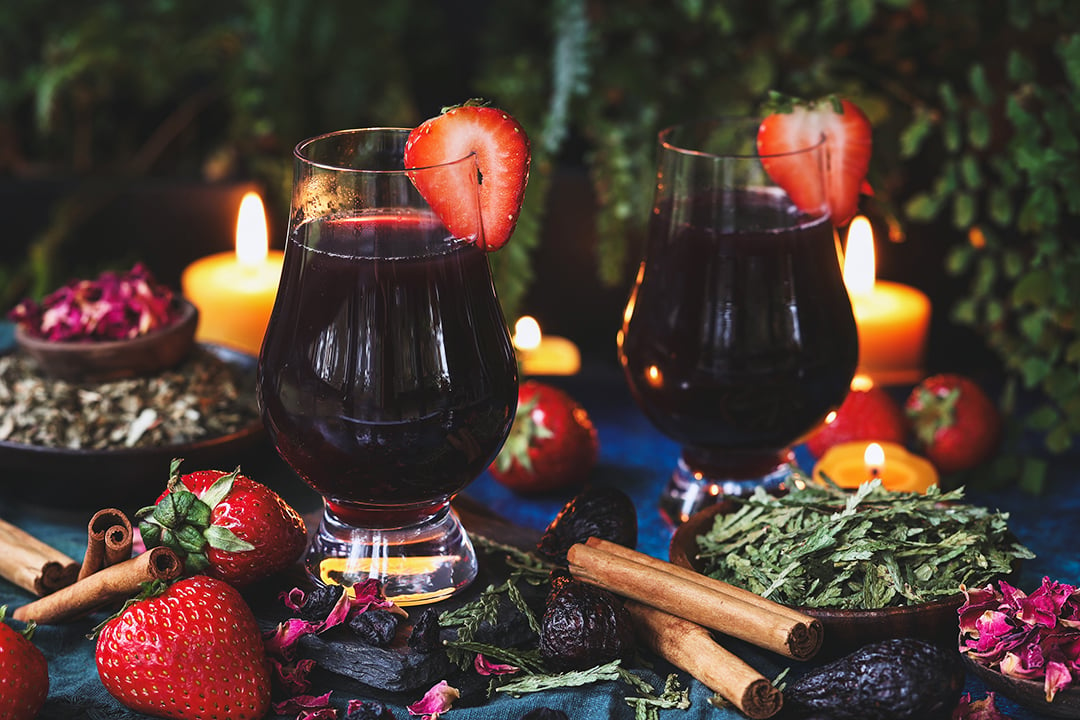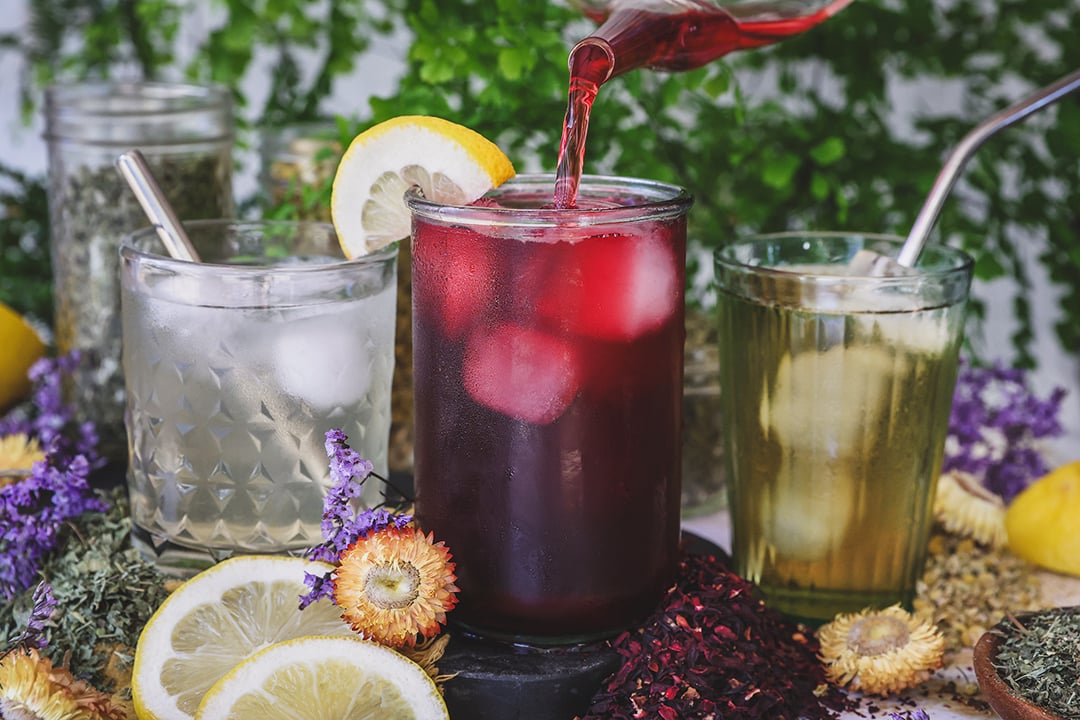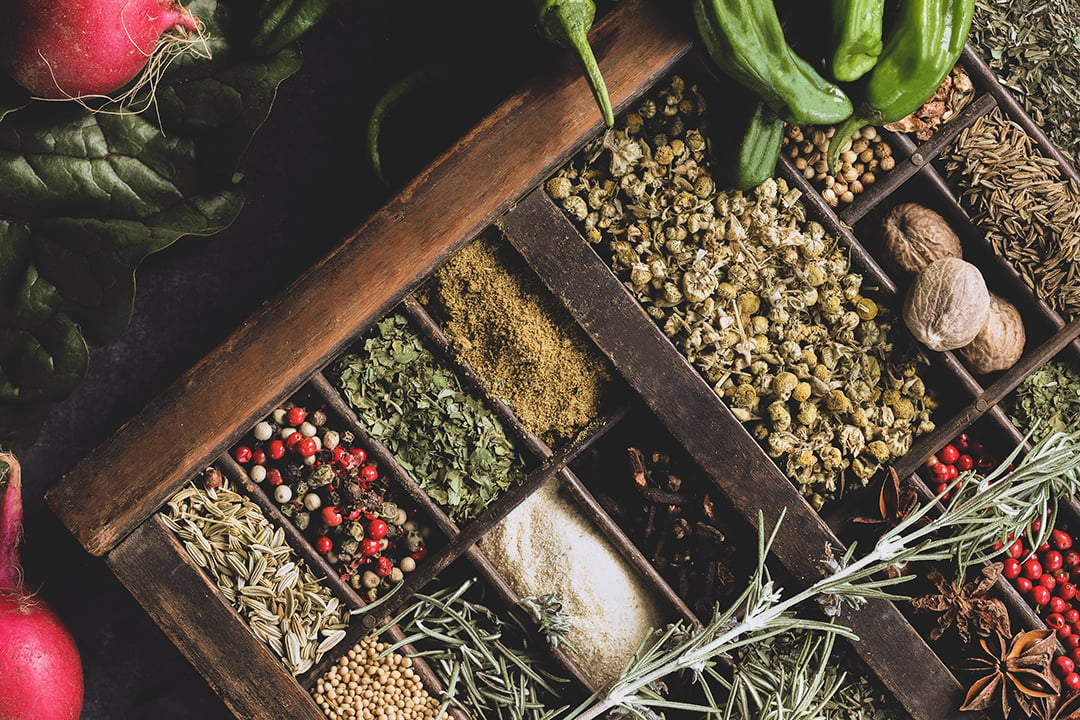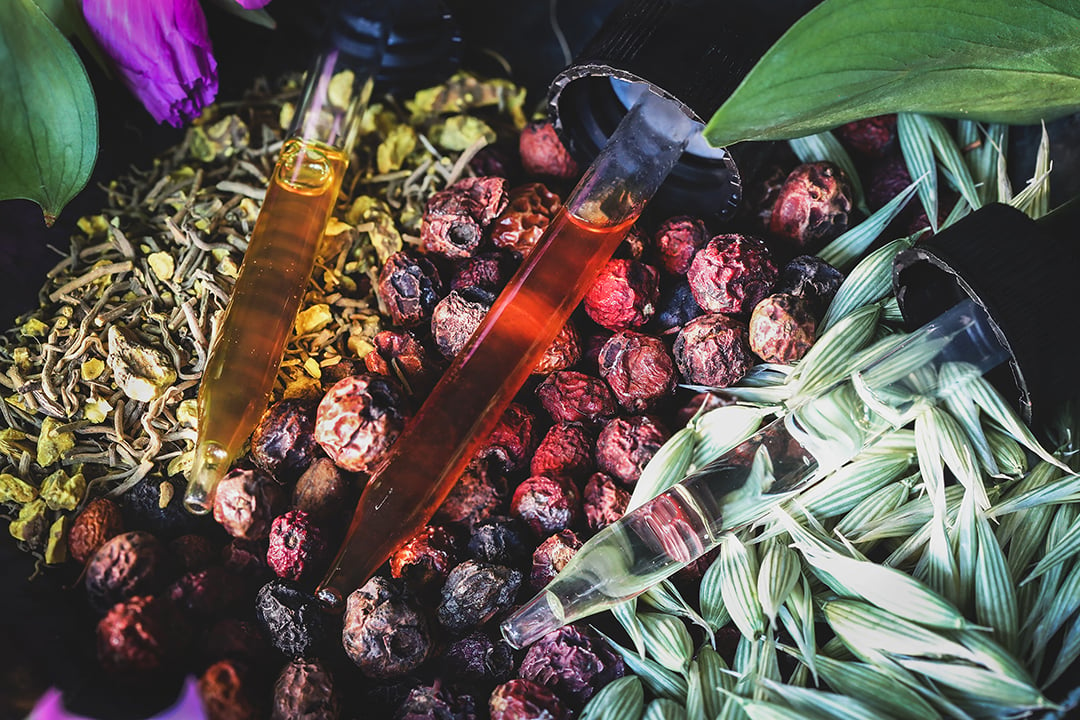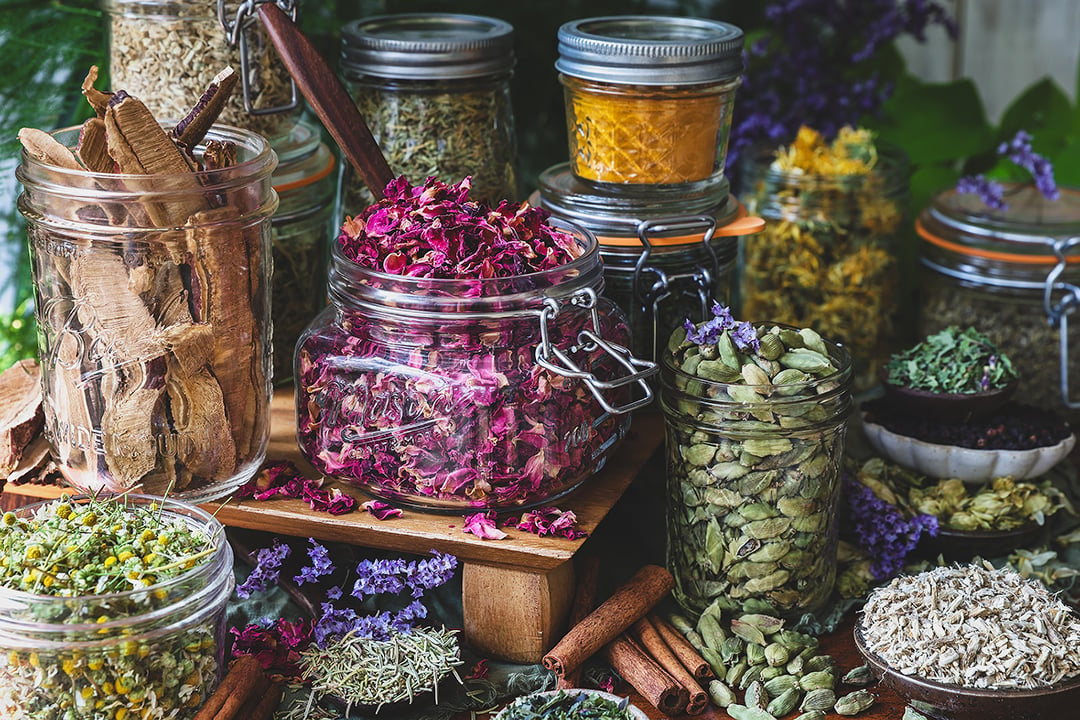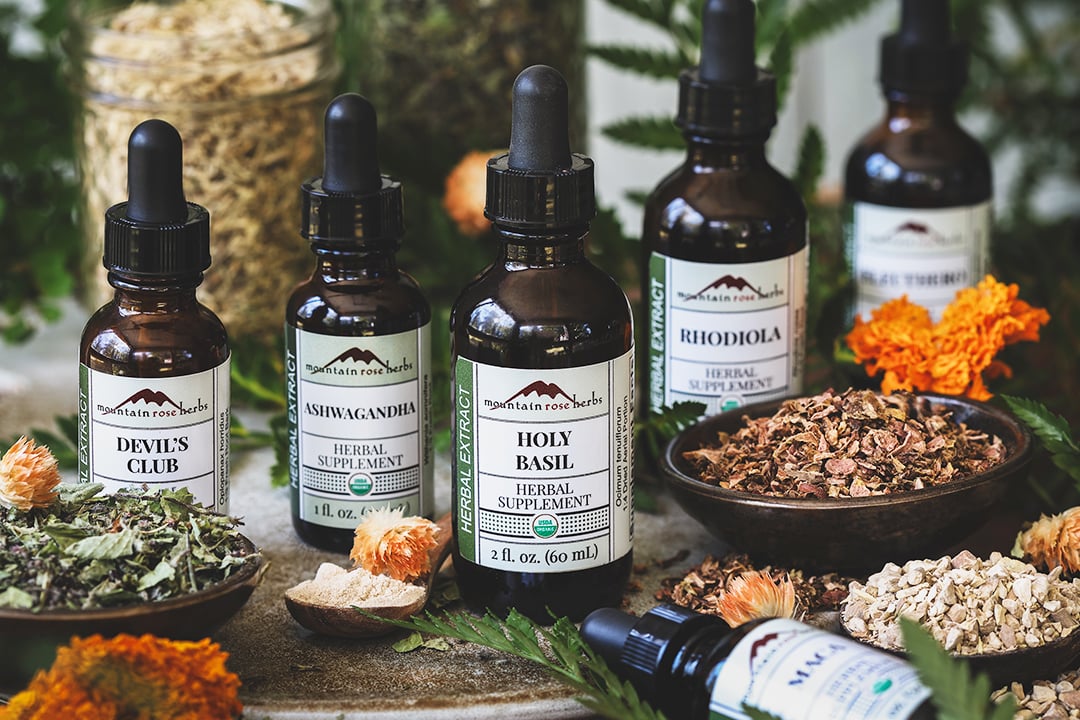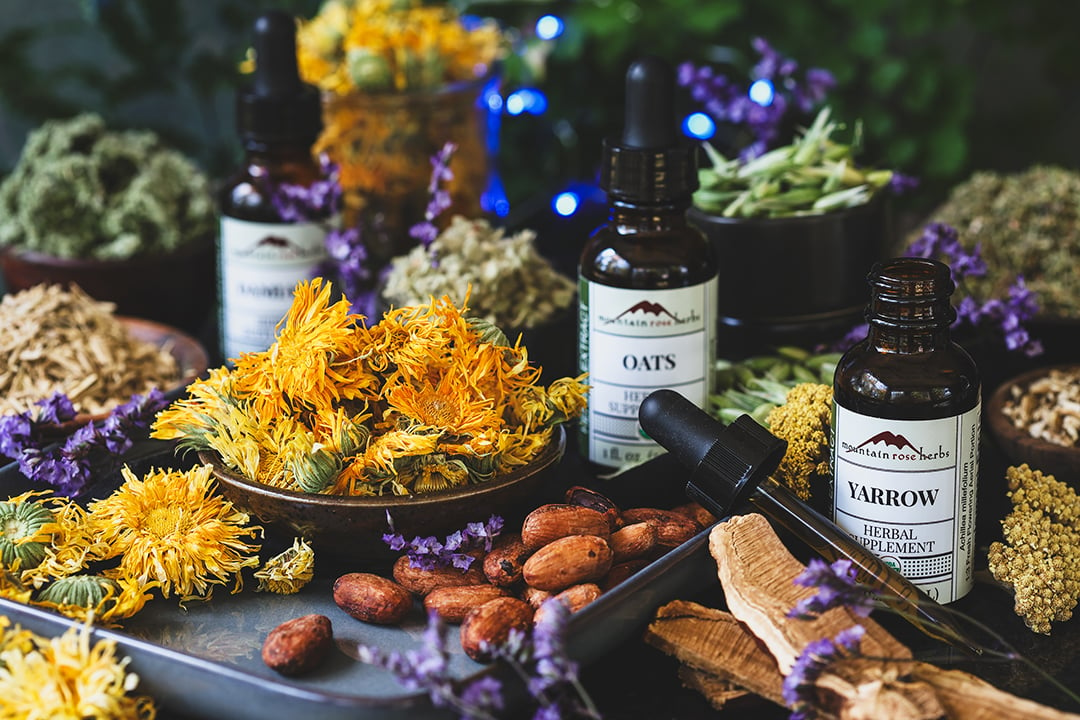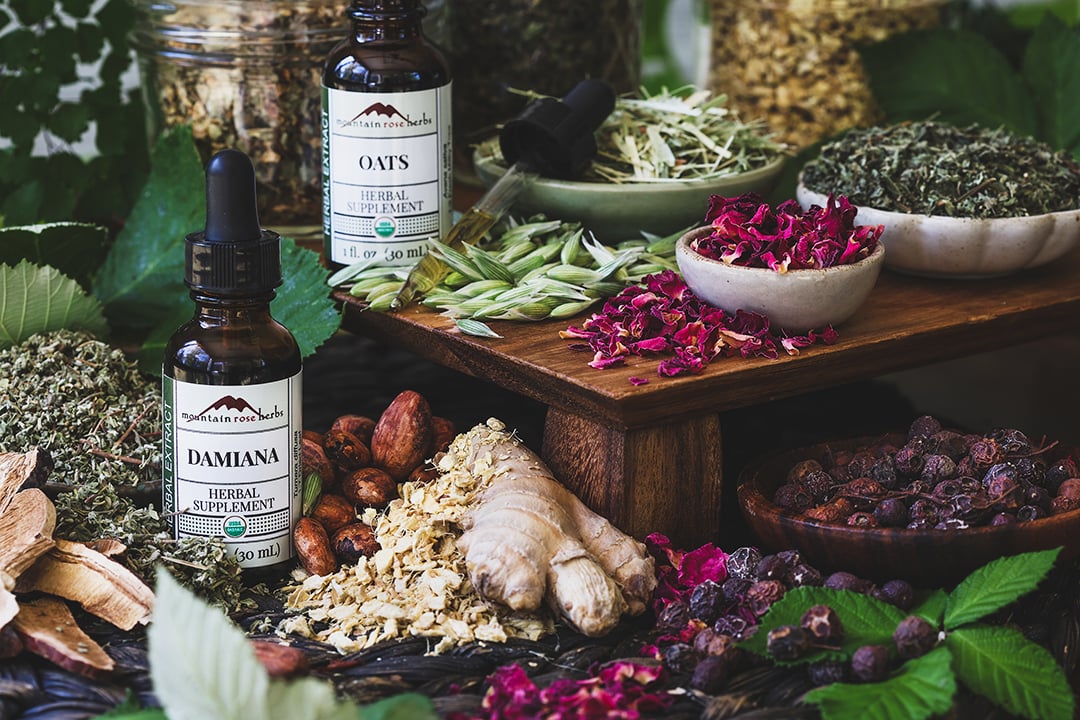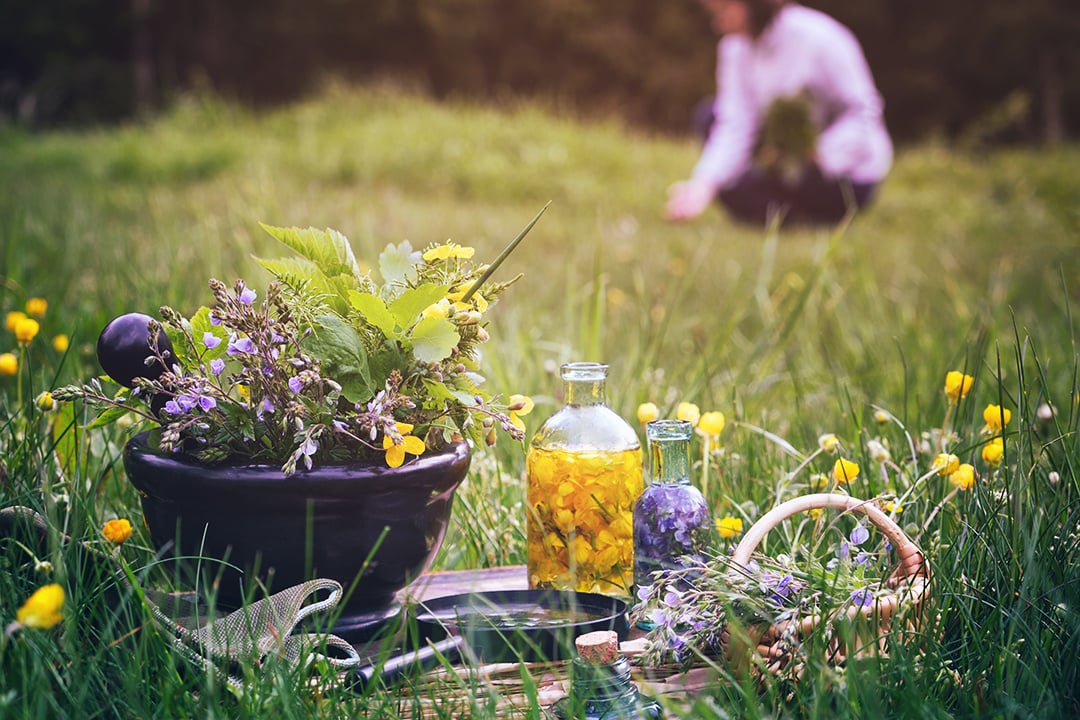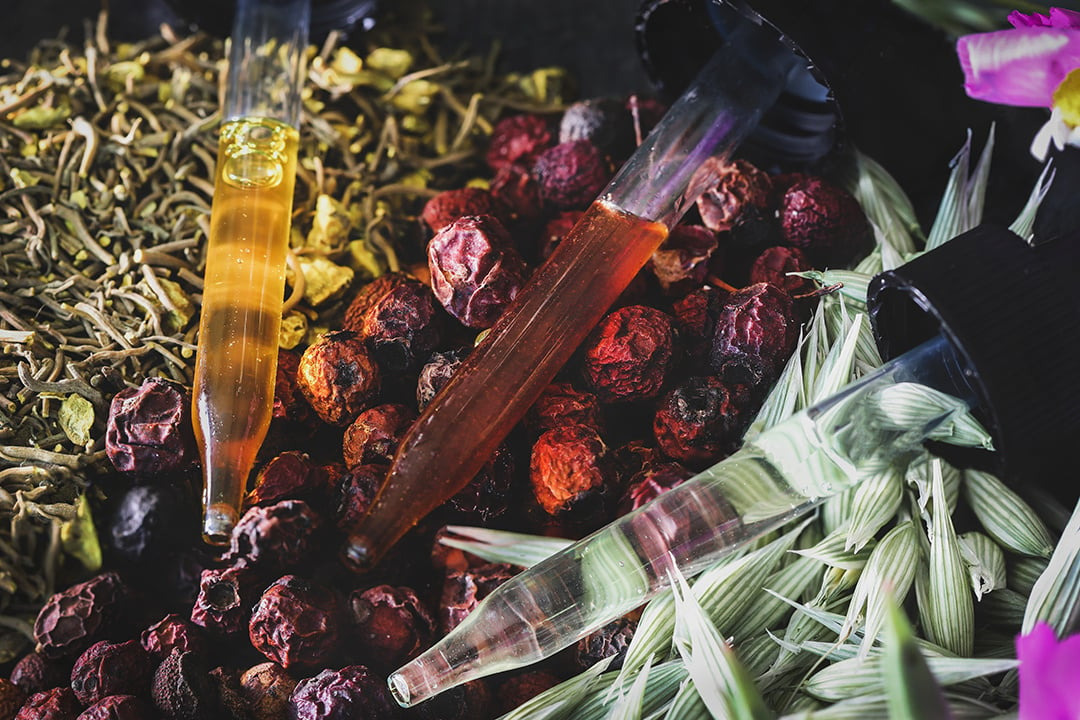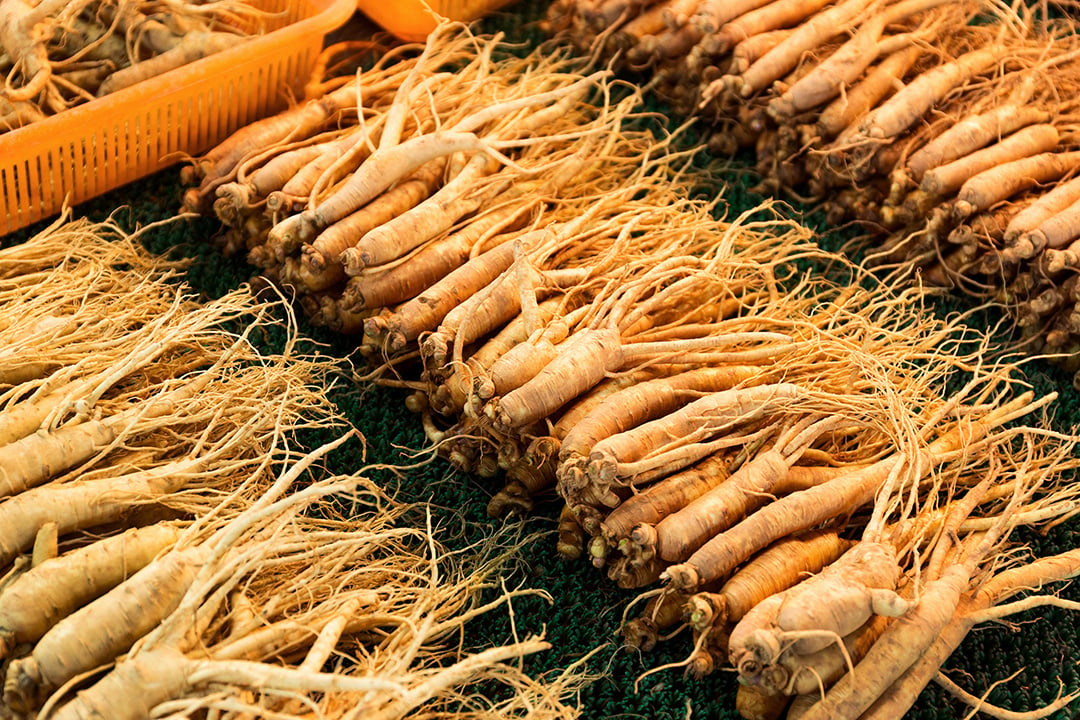Imagine you are having a dream where you are soaring through the sky, swimming alongside ancient sea creatures, or revisiting distant memories all while actively participating and shifting the experience within the dream world. This experience is called lucid dreaming! Not only is it an exhilarating experience, but it can also foster creativity, provide emotional release, and help with problem-solving.
Read MoreAs a former football mom, doula, and military wife, I've had my fair share of experiences with the importance of staying hydrated. Whether on the field or in the delivery room, I've witnessed firsthand how dehydration can lead to serious situations. We've all had those days of overdoing the 'fun in the sun', or even just forgetting to drink during a hectic day. It's a mistake anyone can make. Understanding vital hydration helps you enjoy your adventures safely and healthily!
Read More
Vitalism has long been at the heart of natural healing traditions. It is rooted in the notion that there is a vital force which animates all Life. “Vital” means ‘essential’, in other words, life and healing can’t happen without it. Key essentials to life are diet, rest, movement, environmental conditions, and the pursuit of one's own unique calling in life.
Read More
Herbal medicine has a long lineage, and tinctures remain one of its most enduring preparations. On the surface, an herbalist tincture and an Aurelian Spagyric Tincture appear similar, as both are liquid herbal remedies preserved in alcohol and meant for therapeutic use. However, these two approaches diverge profoundly in their underlying philosophy, in the processes by which they are crafted, in the constitution of the final product, and even in the way they are administered. Exploring these distinctions reveals the depth of thought and refinement that separates a conventional herbal extract from the more complex spagyric tincture.

By the time September rolls around, the summer garden and markets have mostly had their say. The jars of dried herbs are stacking up, the freezer is filling up, and my family is back to wearing sweaters in the morning. This is when I start thinking about my herbal pantry and what needs restocking and what can go.

Natural Energy and Adaptogenic Herbs
Are you feeling drained, unable to sleep well, or struggling to maintain consistent energy throughout the day? Modern life often pushes our adrenal glands—the small but mighty glands responsible for our stress response—into overdrive. This leads to fatigue, stress, and a cascade of health challenges. Fortunately, there’s a natural way to support and restore balance: adaptogenic herbs. Adaptogens are nature’s solution to helping the body adapt to stress, regulate energy levels, and support better sleep. In this blog, we’ll dive into what adaptogens are, how they work, and the steps you can take to maintain natural energy and adrenal health.
Read More
The moon, in all her changing phases, offers a rhythm we can root ourselves into—an ancient mirror for our inner terrain. Just as she waxes and wanes, we too move through cycles of nestling, emergence, release, and renewal. Working with herbs attuned to each moon phase can help us deepen our connection to the Moon. Moon carries wisdom and offers fertile grounds for rest, action, healing, or insight depending on where we are in the lunar cycle. The lunar cycle can serve as a visual guide to the seasons of our lives. What follows is a soft guide to working with plant allies through each moon phase—an invitation to align your intentions and energy with the moon’s path. To walk alongside the moon is to internalize what it means to move with nature and live in its flow. It is also a radical act—one that reconnects us with ourselves, with community (especially when shared with a friend or two), and with the natural world.
Read More
For many neurodivergent folks, balancing the nervous system between hyper and hypo arousal can be a challenge. Getting overstimulated is very common, and can lead to shutdown and hypo (or under) arousal in the nervous system. Folks can also overcorrect in trying to get out of a hypo-arousal state and then become overstimulated. I believe in the potential for aphrodisiac herbs to be supportive outside the bedroom, and specifically for this nervous system pattern.
Read More
When I first learned that plants were medicine, my first thought was, How did I not know this sooner?
A lot of that probably has to do with growing up in Frederick, Maryland—a vast landscape of agricultural crops, where corn, soybeans, and a patchwork of wheat filled the fields. But even more had to do with my inability to access information that was freely circulating on the internet. As a Deaf kid in the nineties, I grew up alongside the boom of the internet. There was information out there—glimpses of herbalism, holistic health, alternative medicine, tending to the land—but much of it wasn’t captioned. Even television, a major source of knowledge and culture, was largely inaccessible. (Spoiler alert: it still is.)
Read More
For those just beginning their herbal journey, it can be difficult to know where to start. There are so many kinds of herbalism to practice, niches to explore, and teachers to learn from. In my herbal journey, getting hands-on experience with herbs was THE most important part of it all. I could read about herbs all day long, but until I smelled, tasted, and felt the effects of the herbs, the information just didn't "stick" as well. That's one of the reasons I'm so passionate about sharing the basics of crafting herbal preparations.
Read More
Before jumping into all the amazing qualities of American ginseng, I first wanted to share a bit about my personal journey with this plant. For a long time, I did not feel comfortable working with ginseng. A big part of my herbal practice is ensuring that I’m working with herbs in a way that honors the ecological and social impacts of my choices. As you may know, ginseng is on the United Plant Savers’ At-Risk List and is also in Appendix II of the Convention on International Trade in Endangered Species list, meaning it is at risk of becoming extinct if trade is not better controlled. Ginseng has been on these lists for many years and remains a plant that continues to be overharvested and poached to the point of ecological harm. Yet over the years, several passionate industry peers have stepped up to the challenge of making ginseng sustainable and accessible while not affecting the already threatened wild stands.
Read More

